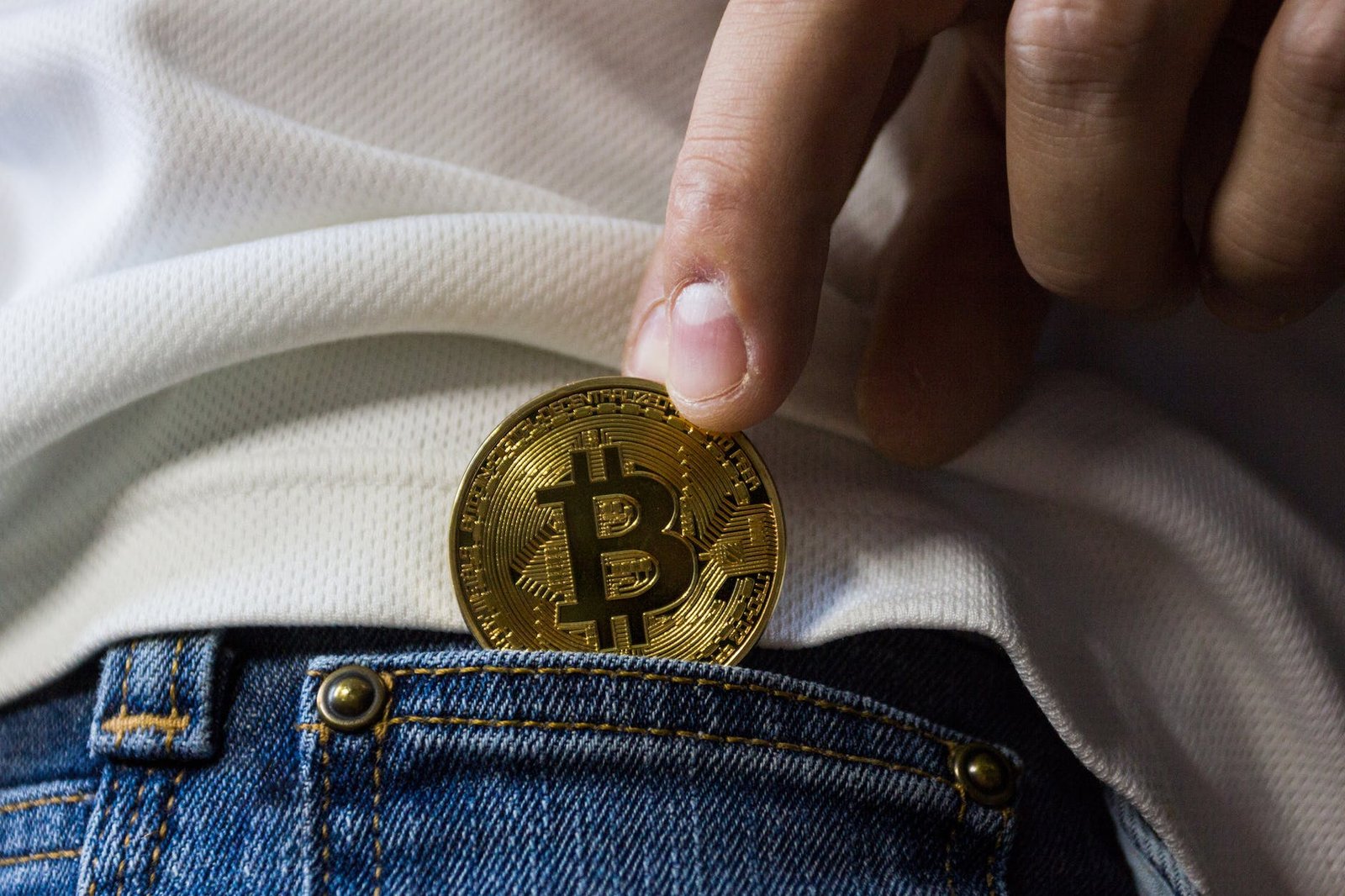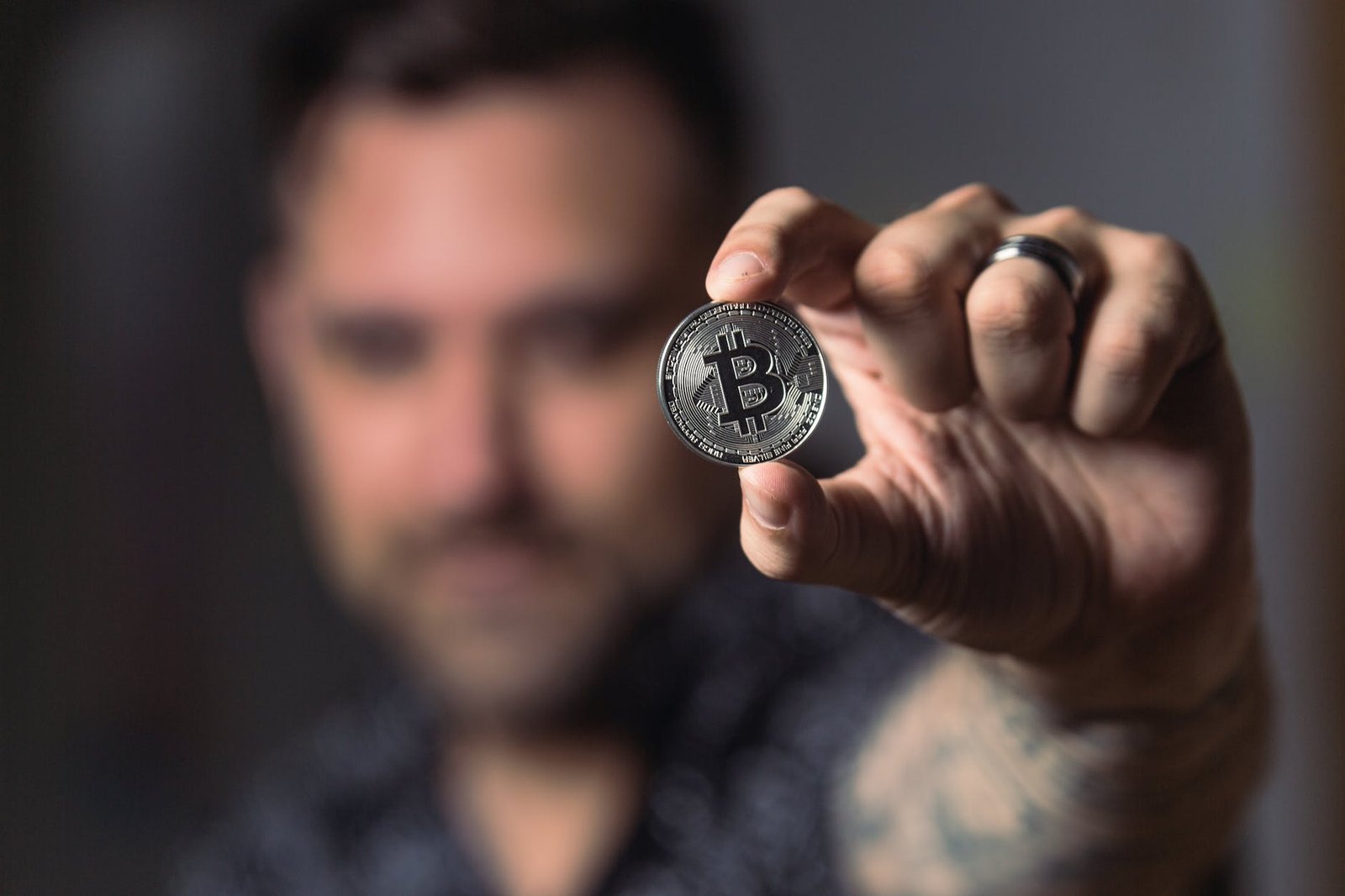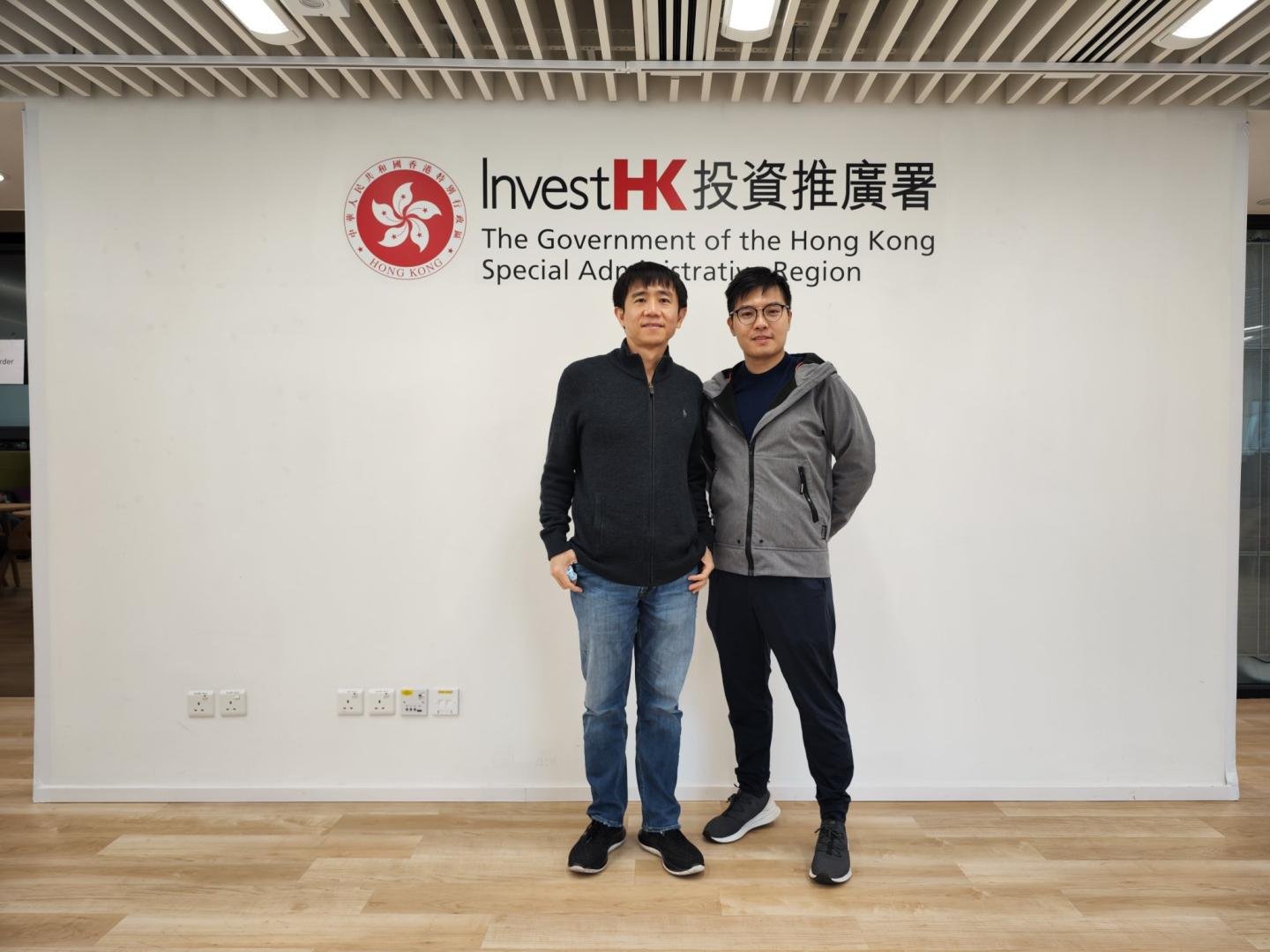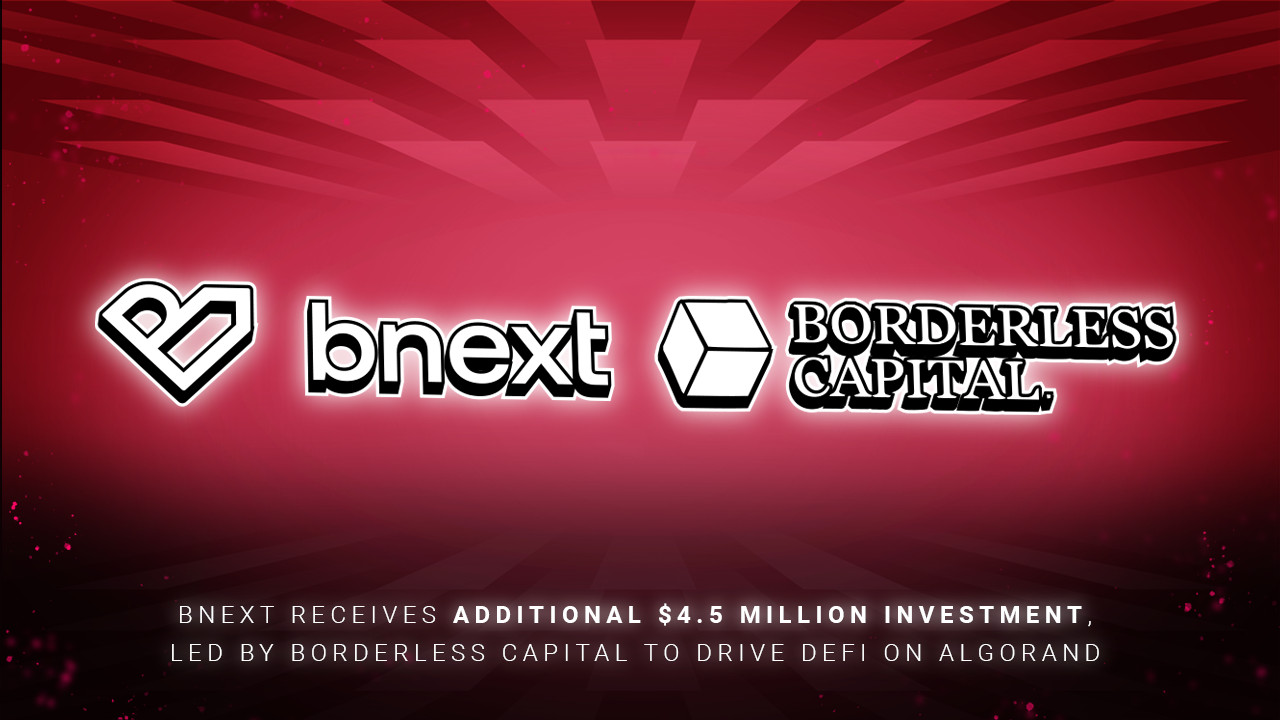
Photo by Sora Shimazaki on Pexels.com
Australian officials took direct action this week by reaching out to current and former employees of Binance, a leading crypto exchange, to demand copies of internal communications and data from their personal devices. This move by the Australian Securities and Investments Commission (ASIC) represents another jurisdiction where government watchdogs are closing in on Binance.
Binance has been facing a series of legal troubles around the world. It has been accused by U.S. regulators, faced a raid in France, was denied a license in the Netherlands, and now is under investigation in Australia. Despite these challenges, Binance’s CEO, Changpeng “CZ” Zhao, denies that the recent departures of key legal and compliance executives should be cause for concern.
While Binance operated without much regulatory intervention for years, the recent cases have put the company on the defensive. Following the charges brought by the U.S. Securities and Exchange Commission and the U.S. Commodity Futures Trading Commission, Binance has experienced significant customer withdrawals and a 17% decline in its native BNB token. These allegations against Binance, if proven true, could involve serious criminal and civil misconduct, including national-security related issues.
Alex Zerden, founder and CEO of advisory firm Capitol Peak Strategies, and a former U.S. Treasury Department official, emphasized the potential gravity of the situation, suggesting that the investigation into Binance and these allegations would likely span multiple jurisdictions and require cooperation among various countries.
The recent ASIC investigation focuses on Binance Australia’s former derivatives operations, with the company clarifying that its offices were not visited by the investigators. While Binance still operates a spot-trading exchange in Australia, its futures products were shut down earlier this year.
ASIC confirmed an ongoing investigation with Binance but was unable to provide operational details. Binance also faced a raid by the public prosecutor in Paris on suspicion of money laundering and providing illegal services. The investigation there revolves around allegations that Binance operated as a digital asset service provider without regulatory approval.
In addition, Binance withdrew from the Netherlands after failing to obtain a virtual asset service provider (VASP) license from the Dutch financial regulator. The company has been dealing with a wave of executive departures, leading to speculations about its handling of a U.S. Department of Justice (DOJ) investigation. However, Binance’s spokesperson dismissed concerns, stating that turnover is a common occurrence in any company.
The simultaneous pushback, lawsuits, and investigations from various countries suggest that regulators and prosecutors are sharing information and comparing notes. While cross-border information sharing can be challenging, cooperation among friendly jurisdictions with similar concerns can expedite the investigative process.
Binance maintains its commitment to cooperating with regulatory requests, according to its spokesperson. However, the absence of a defined regulatory location may amplify Binance’s troubles, as governments may grow impatient with entities that attempt regulatory arbitrage.
Although Binance officials have not faced criminal charges thus far, it does not necessarily mean that they have not been indicted. Sealed charges may only become apparent when executives come into the reach of U.S. law enforcement. A recent example is the arrest of Bitzlato Ltd.’s founder in Florida, coordinated by the U.S. DOJ and French authorities.
Despite its legal woes, Binance continues to operate globally, albeit with significant damage to its reputation. Binance.US, its U.S. arm, had to reduce staff and halt dollar deposits due to the SEC case, while Binance’s euros banking partner announced it would stop supporting the exchange. Binance is currently fighting the SEC in U.S. federal courts, joining other legal battles in the crypto industry.
In navigating these challenges, Binance has sought legal counsel with extensive knowledge of the digital assets landscape and the evolving legal and regulatory environment. The SEC’s concerns about Binance’s handling of funds and its potential impact on U.S. customers have prompted the exchange to bolster its legal team with former DOJ and SEC officials, including M. Kendall Day, a former acting deputy assistant attorney general at the DOJ.
बिटकॉइन क्या है ?
April 27, 2024Bitcoin Wallets: Which One Is Right for You
September 28, 2023Cryptocurrency: The Future of Online Transactions
September 24, 2023
Comments are closed.
Bitcoin News
-
बिटकॉइन क्या है ?
April 27, 2024
Most Viewed
-
बिटकॉइन क्या है ?
April 27, 2024











